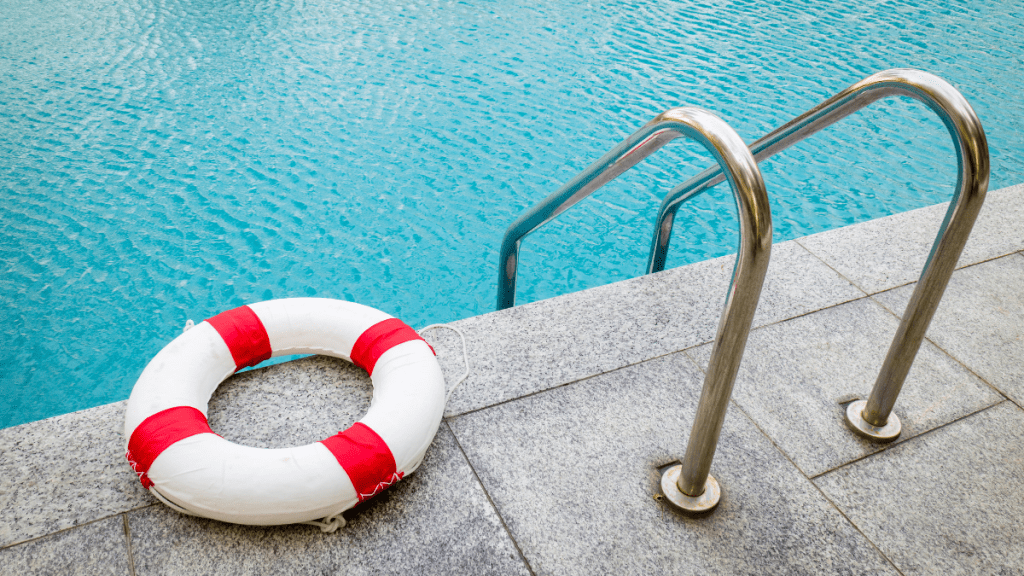
If you have an adult child with an eating disorder, you’re probably eager for resources and information to help you navigate this difficult situation.
The good news is that you can help, and your help can be the key to recovery!
We’d like to help you figure out what you can do to support your adult child as they face and eating disorder and undergo the recovery process. Eating disorders don’t have to be a life sentence – people can and do recover!
Parent-Friendly ❤️ Neurobiology ❤️ Attachment ❤️ Non-Diet ❤️ Health At Every Size®
What If My Adult Child Has an Eating Disorder?
If your adult child has an eating disorder, you can help, but it’s best to do some research and understand what’s going on before diving in with advice and declarations. Begin by considering why you think your child has an eating disorder. What are the symptoms and signs you’re observing? Are you making an educated guess, or did your child tell you they have an eating disorder?
Take some time to reflect on your child’s eating disorder history and mental health before offering them advice and suggestions. When it comes to supporting an adult child with an eating disorder, it’s important to tread carefully so you maintain your influence without damaging your relationship. You don’t have to walk on eggshells, but you should be thoughtful and reflective rather than reactive.
Remember that your child is an adult and deserves dignity and respect. In many ways, you want to approach your adult child about difficult topics the same way you would a dear friend. In other words, as an adult, not a child. Too often, parents of adult children treat their kids as if they are still children, and this reduces their influence and effectiveness.
How Do I Talk To My Adult Child About An Eating Disorder?
Before you talk to your adult child about an eating disorder, it’s a good idea to speak with a therapist or parent coach who can help you understand what’s going on and process your fear. If you talk to your adult child about their eating disorder from a place of fear, you risk alienating them and potentially driving them further away from you, which is not helpful to their recovery.
Your goal is to have open and honest conversations about what you are observing. Couple that with open-ended questions about how your adult child is feeling about eating, food, and their body. Avoid leading or loaded questions. If you bring true curiosity to the conversation you will be more successful than if you believe you already know all the answers.
Finally, talking about an eating disorder is best when you validate your adult child’s feelings and experiences. Avoid trying to convince them to think or feel differently or tell them what they “should” do. This will backfire, as it infringes on your adult child’s autonomy. Remember, your child is an adult, and the more you can speak to them from a place of respect and dignity, the better this will go.
The bottom line is that you should have conversations about your adult child’s health and well-being, but you need to check yourself and honor their adulthood at all times. If you try to control them, you’re more likely to drive them away, which is the last thing we want!
How Do I Convince My Adult Child To Get Treatment for An Eating Disorder?
If you believe your adult child has an eating disorder, you naturally want to encourage them to get treatment. This makes perfect sense and is a healthy instinct for you to have. However, you need to tread carefully. Parents of adult children must constantly walk the fine line between loving and controlling. Too often, adult children who have eating disorders distance themselves from their parents because they feel disrespected, controlled, or coerced into treatment.
Your influence needs to come in the form of a deep, meaningful relationship in which your child feels safe and secure while also encouraged to recover. You will lose influence if you attempt to control or coerce your child into treatment. Even if they agree to go under pressure, treatment often has only short-term effects if the person feels they’re doing recovery for someone else rather than themselves.
Build your relationship with your adult child and support them in exploring their feelings about food, eating, and their body. Validate their feelings and experiences and seek to understand how they feel and why they do what they do. Meanwhile, avoid encouraging or enabling eating disorder behaviors by meeting the demands of the eating disorder. For example, the eating disorder may want you to stop having family events with food at them. Think carefully about whether meeting the eating disorder’s demands will ultimately serve your adult child’s recovery.
It’s not easy, but you must avoid becoming entangled in the disorder. It can help to talk to a therapist or parent coach to explore your options.
How Do I Support My Adult Child With An Eating Disorder?
Supporting an adult child with an eating disorder is about finding the balance between validating their feelings and experiences and maintaining good relational boundaries. It’s common for parents to become enmeshed with a child who has an eating disorder. This happens for a good reason: you want to protect and care for your vulnerable child! However, enmeshment can end up working against your child’s recovery, so it’s important to have good, solid boundaries about what you will and won’t do to support your child.
Many parents struggle with finding the right balance of validation and boundaries when their adult child has an eating disorder. It’s not your fault if you’re not sure what this means; this is hard! Popular and mainstream advice about parenting can backfire when your adult child has an eating disorder or other mental health condition, so think carefully about where and from whom you seek advice.
Typically your best strategies will come from professionals who have direct experience supporting parents of adult children with mental health conditions. Your mother, sister, and friend may all offer solutions, but beware that their advice, while well-meaning, may not apply to your unique situation. Eating disorders are complicated and highly responsive to family dynamics, so it can help to get professional advice.
Articles About Having An Adult Child With An Eating Disorder
When your adult child has an eating disorder
There are many things that are out of your control when your adult child has an eating disorder. But that does not make you powerless. Every parent has incredible influence over their child’s emotional health at any age. Here are the things I recommend parents do when an adult child has an eating disorder.
When your college student gets an eating disorder
If your child has come to you with news that they have an eating disorder, ask about their diagnosis. Congratulate and thank them for being proactive about seeking support, and assure them that you are proud of their bravery. Avoid throwing doubt on the diagnosis or questioning the person who made the diagnosis. For right now, try to keep communication open by asking questions in a positive, respectful tone.
How to be a good parent when your child has an eating disorder
Don’t worry about being perfect. Perfect parenting doesn’t exist. All you have to do is keep learning, and keep applying what you learn to the real-life laboratory of parenting. Being a good parent when your child has an eating disorder may be challenging, but you’ve got everything it takes to succeed.
< More About Parenting With Eating Disorders
free cheat sheet: Parenting A Child With An Eating Disorder
⭐ Get ready for recovery and find out how you can prepare yourself for maximum success.
⭐ Find out the essential steps and family rules you need to have in place for recovery.
⭐ Make your home recovery-ready with six simple steps that anyone can do.
All Articles About Parenting Your Adult Child With An Eating Disorder
Parent Scripts For Eating Disorder Recovery
Use these scripts:
- At the dinner table when behavior is getting out of control
- When you need to set boundaries – fast!
- After something happened so you can calmly review the triggers and events










